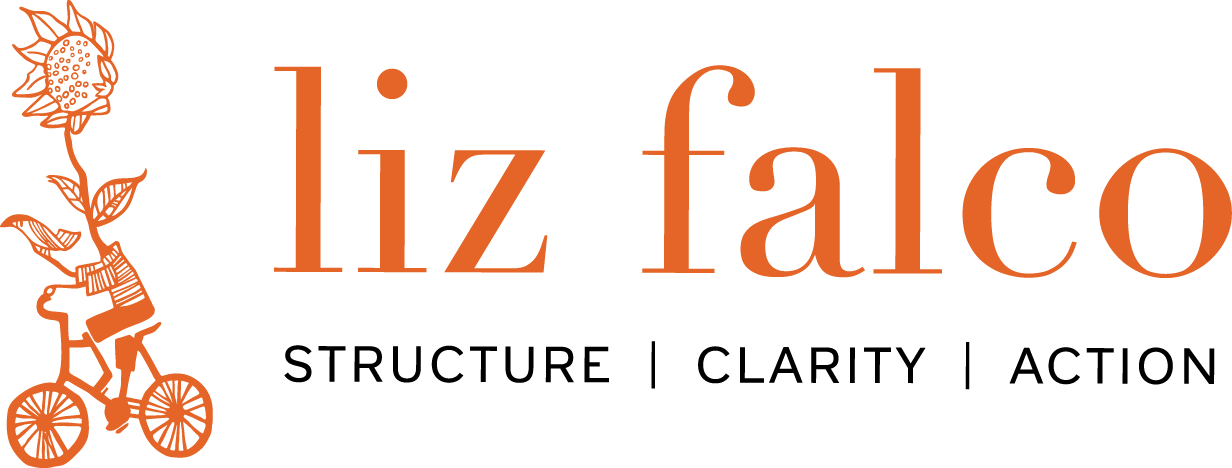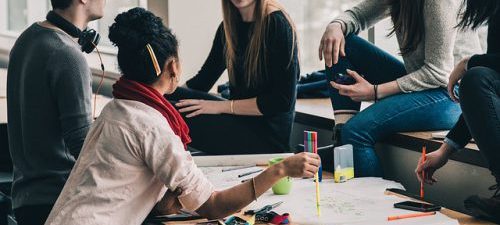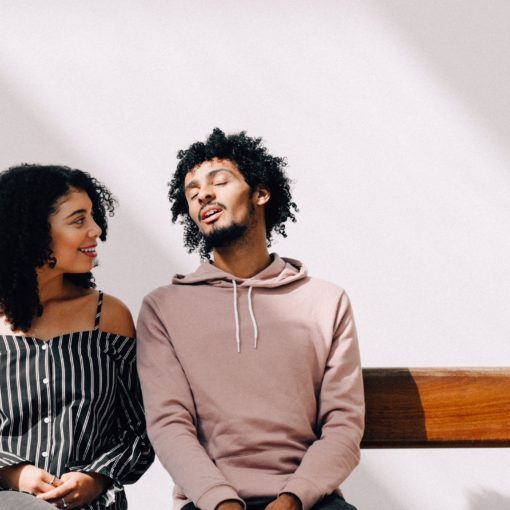A teacher working with senior high school students contacted me recently looking for ideas to create conversations among students for a social justice project. One would think that all we need to create conversations is a time and a place (both rare resources in some schools!) However, creating conversations where engagement and trust are essential for ongoing learning also requires structure, thought, and effective facilitation.
I recommended The Power of Protocols. This hands-on guide serves as an excellent reference for educators in building better facilitation practices to enhance learning, create shared understanding, and make decisions. The authors define and promote facilitative leadership and provide a full range of practical protocols.
While this book is easily read cover to cover, it’s great to have it handy as you design class projects, create workshops, structure faculty meetings, assess student work, and critique instructional practice. The protocols can also be applied to visioning and strategic planning at the board and school community levels.
Here are a couple of other tools that can be used to encourage conversation and reflection among professionals:
Instructional Rounds
This model taken from the medical field brings structure to classroom observations, visits and feedback sessions. A program of Instructional Rounds develops peer observation and feedback skills and helps create a shared understanding of excellent instructional practice among colleagues.
The National School Reform Faculty
This professional development initiative aims to enhance student achievement through professional learning communities called Critical Friends Groups (CFGs). The organization provides training for leading CFGs and encourages educators to work together to become more intentional and reflective about their practice.
Let me know of other resources that you recommend to help Create Conversations!
Cliquez ici pour voir la version française de cette lettre de Liz.





